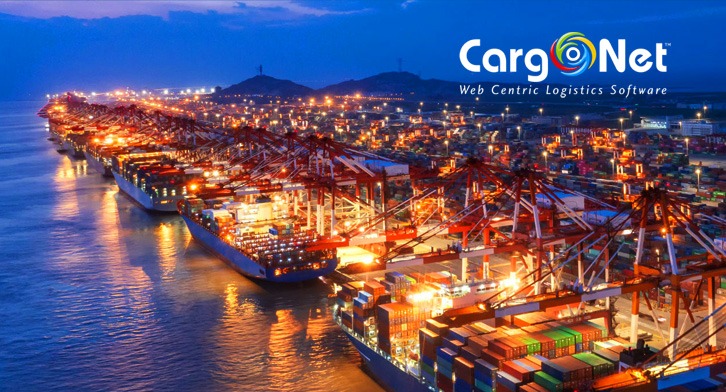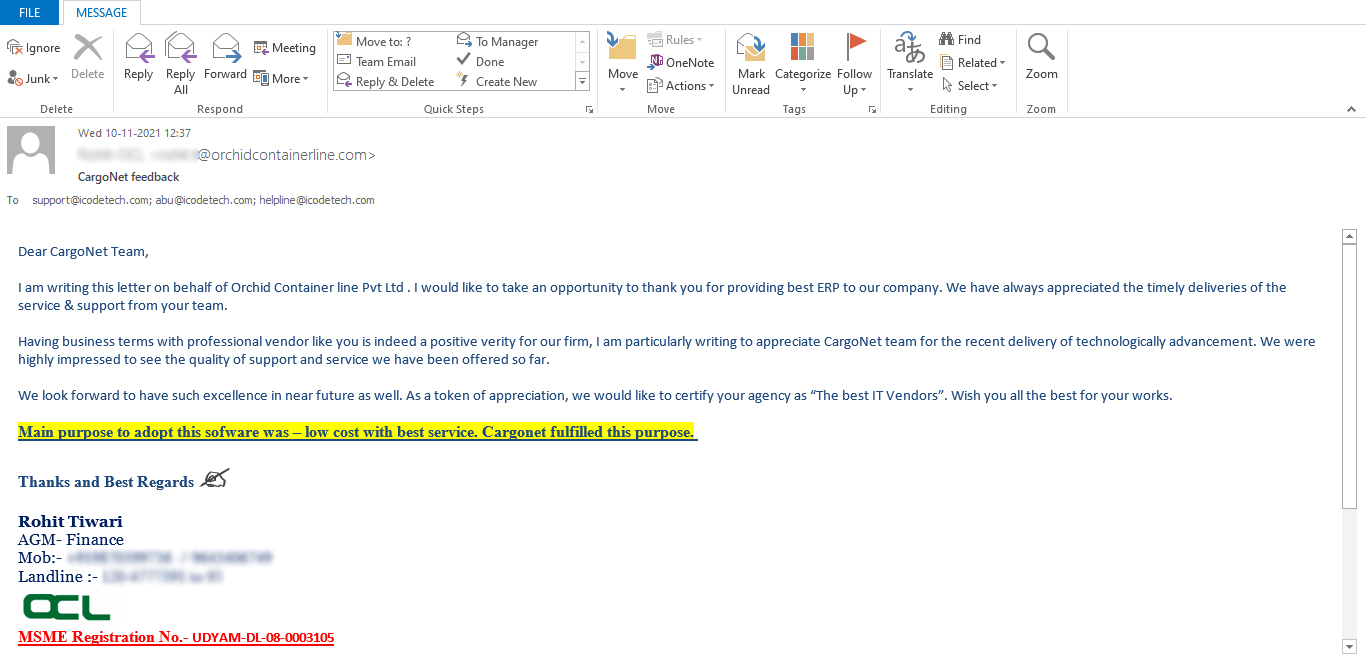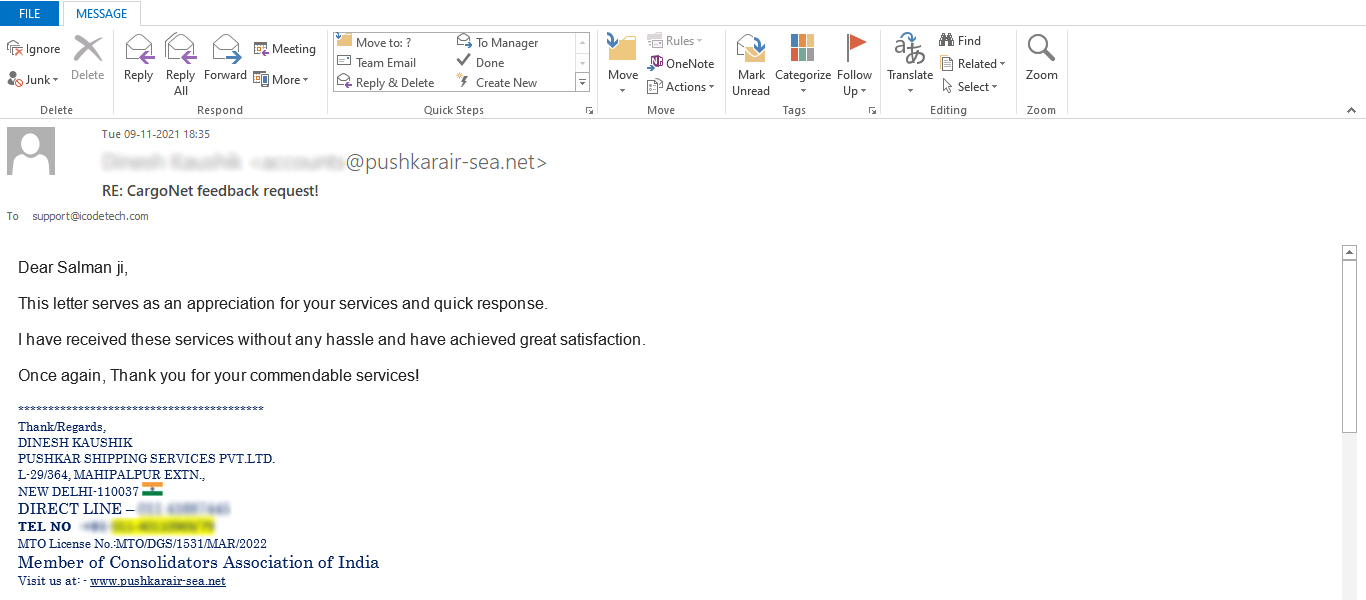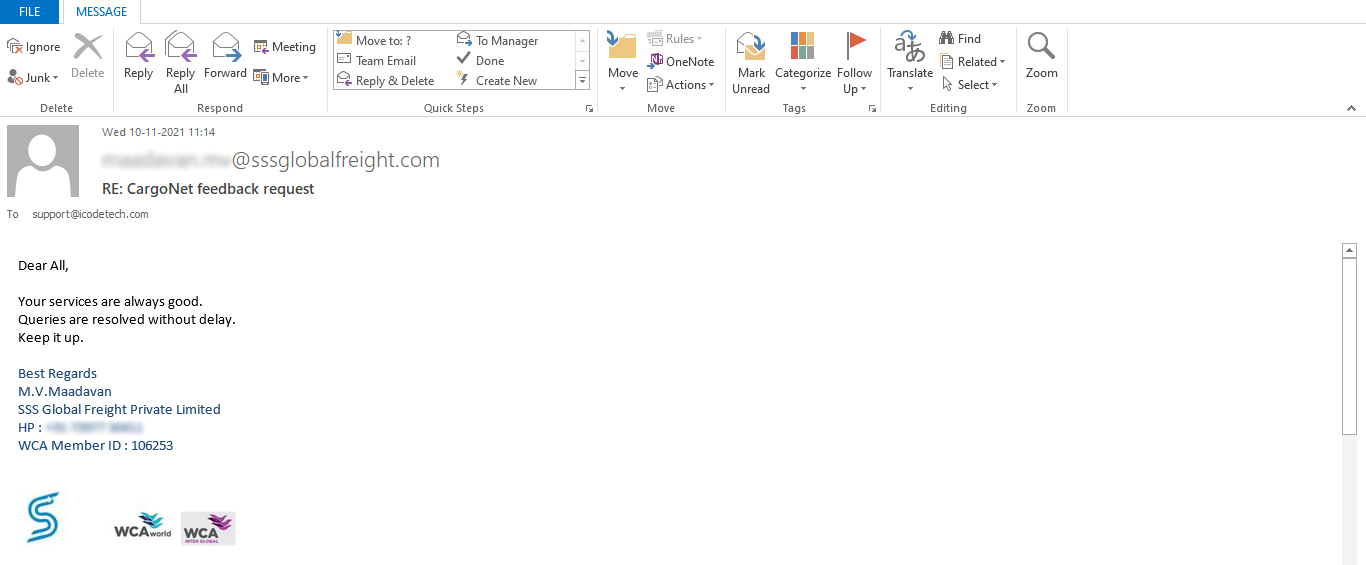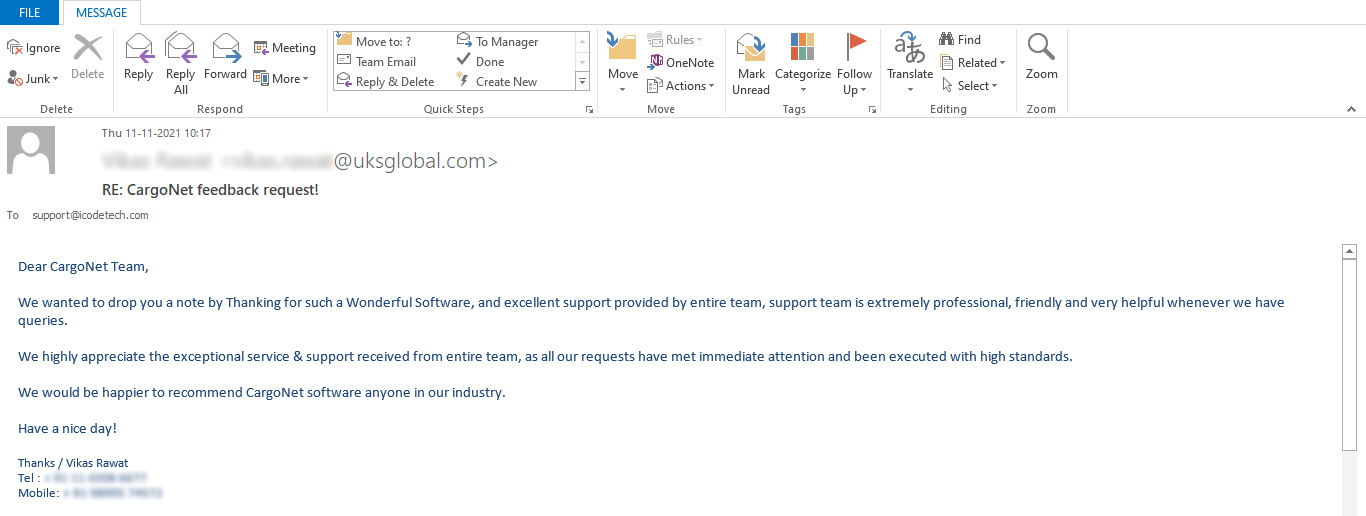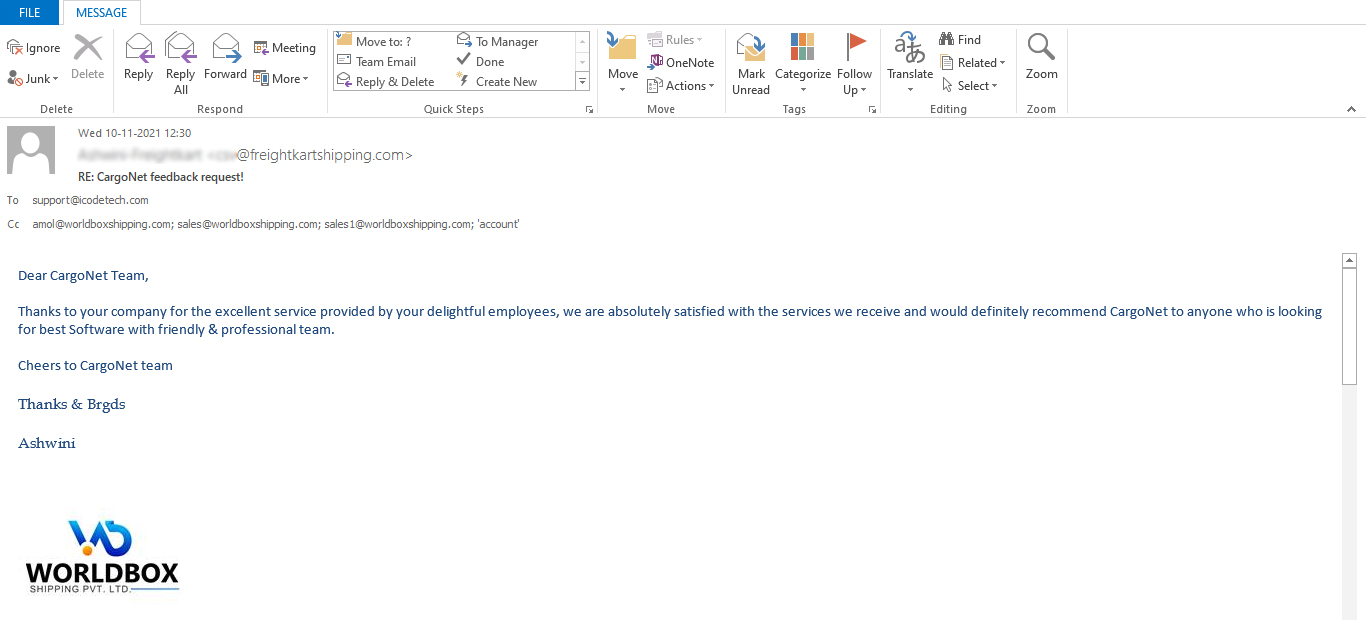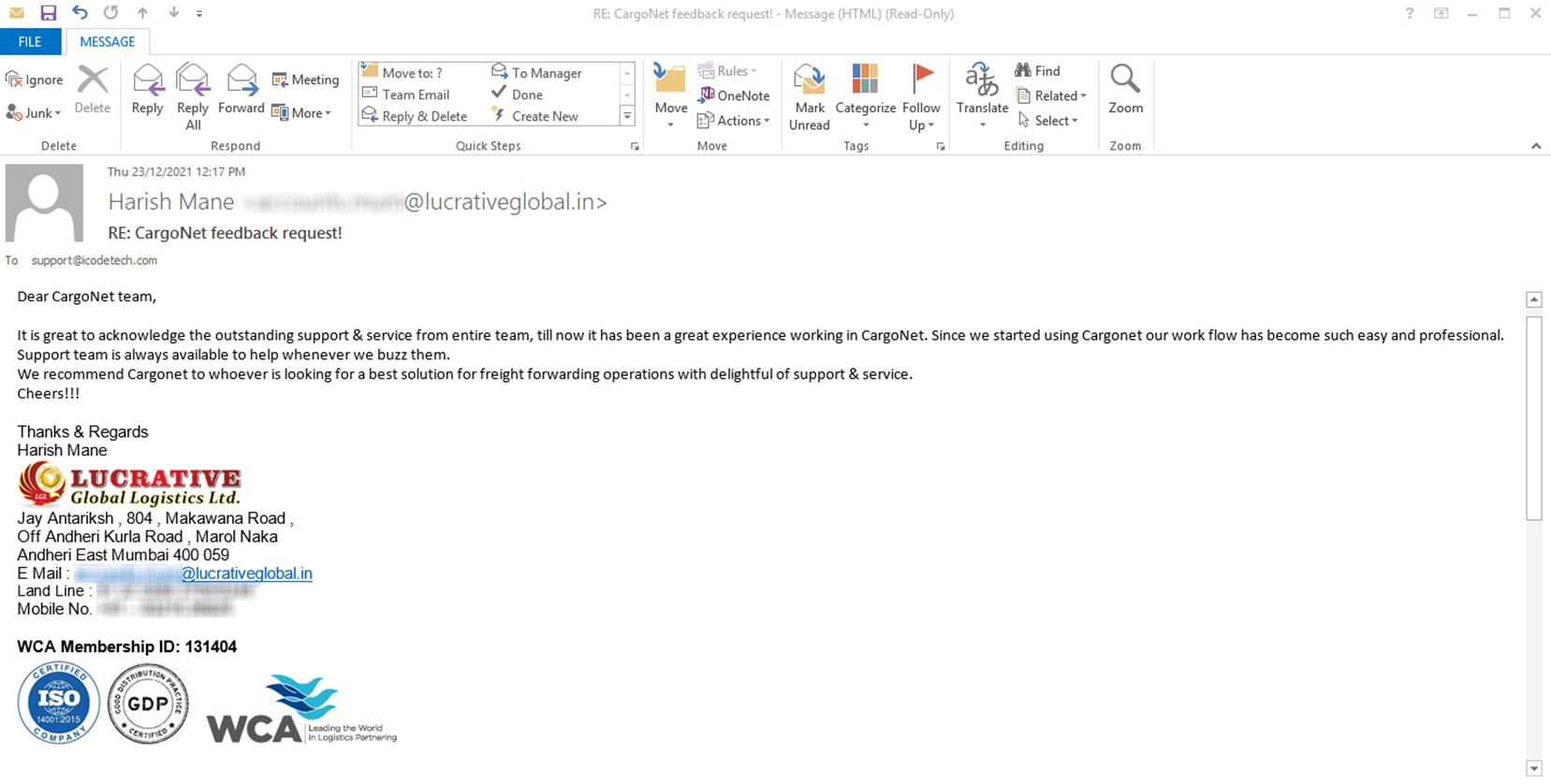Introduction
Landlocked countries, which are entirely surrounded by land and lack direct access to seaports, face distinctive logistical challenges when it comes to international trade. Without a coastline, these nations must rely on neighboring countries’ transport networks and routes to access global markets, complicating the movement of goods. This geographical limitation necessitates efficient and effective management of freight to overcome obstacles related to transit times, costs, and regulatory complexities. CargoNet advanced freight movement software offers a comprehensive solution to these challenges, providing landlocked countries with tools to streamline their logistics operations and enhance their supply chain management.
What Are Landlocked Countries?
Landlocked countries are nations encircled by land, lacking any direct coastline along oceans or seas. This unique position complicates their ability to engage in global trade efficiently, as they depend on neighboring countries’ infrastructure and agreements to access maritime routes. The absence of direct sea access poses significant hurdles, including increased transportation costs, longer transit times, and complex logistics networks.
Challenges Faced by Landlocked Countries
- Increased Transit Times: Landlocked countries often face extended transit times as goods must be transported through neighboring countries to reach seaports. This reliance on overland routes can cause delays and affect the overall efficiency of the supply chain.
- Higher Transportation Costs: The lack of direct maritime access means that landlocked countries must rely on overland transportation, which can be more costly. The additional expenses incurred from using multiple modes of transport and navigating through transit countries can significantly impact the overall cost of shipping.
- Complex Logistics Networks: Managing freight movement in landlocked countries involves coordinating with various transportation providers and handling multiple cross-border logistics processes. This complexity can lead to inefficiencies and potential errors in the logistics chain.
- Regulatory and Customs Hurdles: Cross-border transport often requires navigating diverse regulatory and customs requirements, leading to delays and administrative burdens. Landlocked countries must manage different regulations across multiple transit countries, complicating the shipping process.
How CargoNet Transforms Freight Management
- Cross-Border Intelligence: CargoNet offers an up-to-date database of customs regulations and documentation requirements across multiple countries. This feature simplifies the complex process of moving goods through various borders, reducing administrative burdens and ensuring compliance with international trade regulations.
- Intermodal Optimization: The software excels in planning and coordinating transfers between different modes of transport, such as road, rail, and air freight. For landlocked countries, which often rely on a mix of these transportation methods, CargoNet ensures seamless integration and efficient movement of goods.
- Regional Network Visibility: CargoNet provides a comprehensive view of transportation networks across multiple countries. This holistic perspective aids in better route planning, risk mitigation, and enhances overall visibility into the logistics network.
- Collaborative Platform: The software facilitates effective communication between various stakeholders, including shippers, carriers, customs officials, and logistics providers across different countries. This collaborative approach ensures smoother operations and better coordination throughout the shipping process.
Key Benefits of CargoNet Freight Movement Software for Landlocked Countries
- Route Optimization: CargoNet calculates the most efficient routes by considering factors such as border crossings, road conditions, and potential bottlenecks. This optimization helps reduce transit times and costs.
- Multimodal Planning: The software enables seamless coordination between trucks, trains, and air freight, creating efficient end-to-end transportation solutions that cater to the specific needs of landlocked countries.
- Real-time Tracking: CargoNet provides real-time visibility into shipments across multiple countries and modes of transport. This feature ensures that all stakeholders can monitor the status of goods and respond to issues promptly.
- Customs Documentation: The software automates and streamlines the complex paperwork required for cross-border shipments, reducing delays and simplifying compliance with international regulations.
- Cost Management: By analyzing expenses across different routes and transportation modes, CargoNet helps identify cost-saving opportunities and manage budgets more effectively.
- Data Analytics: The software offers valuable insights into trade patterns, bottlenecks, and areas for improvement in the logistics network. These insights help businesses make informed decisions and enhance their logistics strategies.
Logistics Barriers in Landlocked Regions: CargoNet Solutions
By leveraging powerful tools like CargoNet, landlocked countries can overcome geographical constraints and build more resilient, efficient supply chains. This advancement not only benefits individual businesses but also contributes to overall economic growth and regional integration. For instance, a landlocked country in Central Asia using CargoNet might achieve:
- Reduced Transit Times: Accelerate the movement of goods to and from seaports in neighboring countries, minimizing delays and improving overall supply chain efficiency.
- Decreased Customs Delays: Streamline documentation preparation to expedite customs clearance processes, reducing wait times and facilitating smoother cross-border transactions.
- Enhanced Coordination: Foster improved collaboration with logistics partners across multiple countries, ensuring seamless communication and coordination throughout the shipping process.
- Improved Risk Management: Enhance the ability to anticipate and mitigate potential disruptions by gaining better visibility into transportation networks and external factors affecting logistics.
As global trade dynamics continue to shift, adopting advanced freight movement software like CargoNet will become increasingly crucial for landlocked countries. By leveraging such innovative solutions, these nations can enhance their logistical capabilities, streamline operations, and effectively capitalize on their strategic positions as critical land bridges between regions. Embracing CargoNet enables landlocked countries to not only navigate their unique challenges more efficiently but also to thrive in the competitive global market, transforming geographical constraints into strategic advantages.
Ready to turn geographical challenges into strategic advantages? Discover how CargoNet can elevate your logistics operations. Contact us today to learn more and get started!


